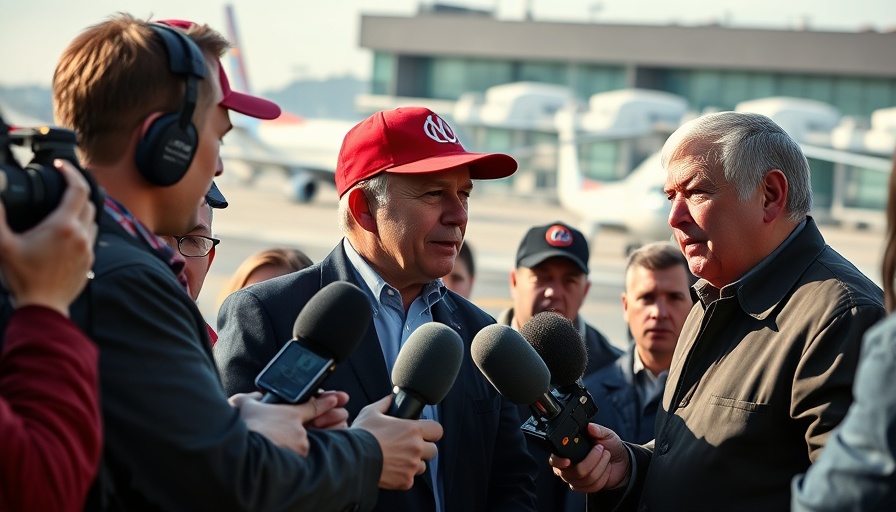
Can Trump Really Forge a Deal with Iran in Just Two Weeks?
The idea of President Trump striking a new deal with Iran in a mere two weeks is more of a political maneuver than a realistic expectation, say experts who have spent years grappling with Tehran's complex negotiating style. Over the past two decades, historical precedents indicate that negotiations around Iran's nuclear program are time-consuming, often mired in complexities that cannot be resolved quickly.
The Long Journey of Diplomacy with Iran
Negotiations over Iran’s nuclear program are infamous for their protracted nature. During the Obama administration, painstaking efforts took nearly two years to yield a deal that would significantly curb Iran's nuclear activities. Fast forward to the Biden administration's attempt to resurrect that agreement, which also faced significant delays and ultimately hit a wall when Iran's supreme leader, Ayatollah Ali Khamenei, refused to endorse the near-final terms.
This historical context raises substantial doubt about Trump's current timeline. The former president's push for a quick resolution could simply act as a smokescreen to buy time for military preparations against Iran, rather than a genuine effort at diplomacy.
Current State of Affairs in Iran
Assessing the internal dynamics within Iran adds another layer of complexity. Khamenei’s strong grip on foreign policy is being overshadowed by his apparent absence from public life, leading many to question the level of control he can exert over negotiations. Meanwhile, Iran's foreign minister and chief negotiator, Abbas Araghchi, has indicated a willingness to consider limits on nuclear output, but his openness to negotiations is significantly hampered by ongoing military actions from Israel against Iranian targets.
In his discussions with European counterparts, Araghchi made it clear that Iran would not engage constructively while facing such military aggression. This presents a critical barrier to any potential negotiations, as military actions severely undermine the trust required to commence talks.
The Broader Implications of Trump's Approach
Trump's current strategy, heavily skewed towards a coercive diplomatic approach, raises questions about the efficacy and long-term viability of such a tactic. Many analysts argue that while a show of strength can be a component of international negotiation, relying solely on coercion tends to backfire, especially with a nation like Iran that has long been resistant to external pressures.
The risk of escalating tensions into military conflict is ever-present. Trump's fixation on rapid outcomes may resonate well politically, but it neglects the nuanced reality of international diplomacy. A more sustainable approach would involve a balance of negotiations intertwined with reasonable incentives rather than rapid demands.
What Lies Ahead: Future Trends in US-Iran Relations
Looking ahead, it is clear that any meaningful engagement with Iran will require a recalibration by the United States. Leaders must recognize that diplomacy is a marathon, not a sprint. As the political landscape in the region evolves, it may become increasingly necessary for the U.S. to pursue a path that focuses on genuine engagement, building trust, and acknowledging regional complexities.
Moreover, stakeholders need to account for the influence of Israel and its strategic interests, which serve as a constant variable in negotiations with Iran. Effective U.S. diplomacy will likely demand creative strategies to reconcile these competing interests while avoiding conflicts that could spiral out of control.
Conclusion: Taking Action Amidst Uncertainty
The complexities of engaging Iran highlight the intricate dance of diplomacy required in international relations. As the United States navigates this delicate landscape, it becomes increasingly essential for citizens to stay informed about these developments, recognizing how they impact global security and geopolitics.
As a collective, the public can advocate for more robust, sustainable foreign policy strategies that prioritize diplomatic dialogue while maintaining security interests, ultimately seeking harmony over conflict.
 Add Row
Add Row  Add
Add 




 Add Row
Add Row  Add
Add 

Write A Comment